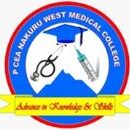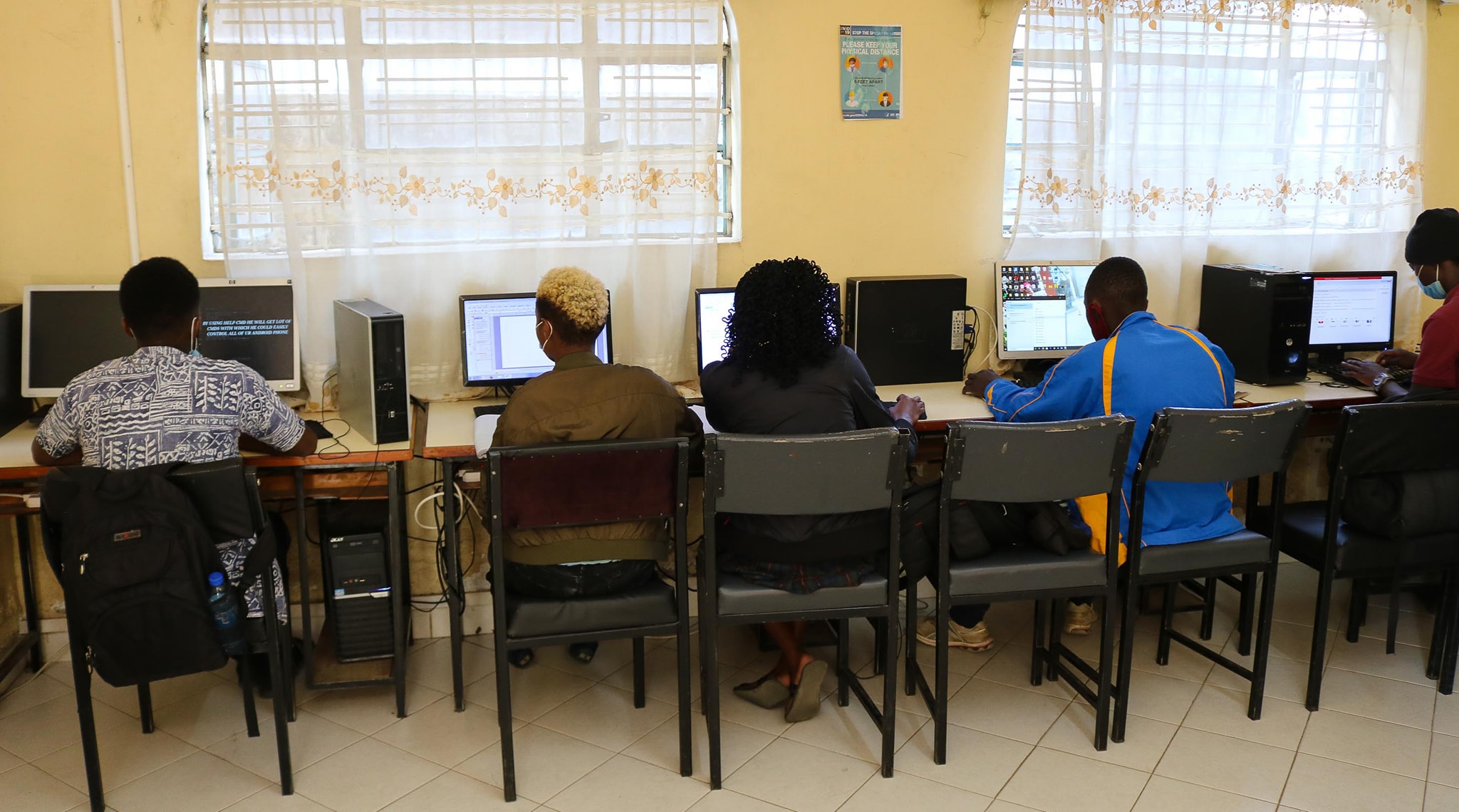PCEA Nakuru West Medical College
Advance in Knowledge and Skills
-
Shaabab, Nakuru West
Nakuru Town West -
0703-500-980
Mon-Fri 7am- 6pm -
info@pceamedicalcollege.ac.ke
8am-5pm Weekday online support

